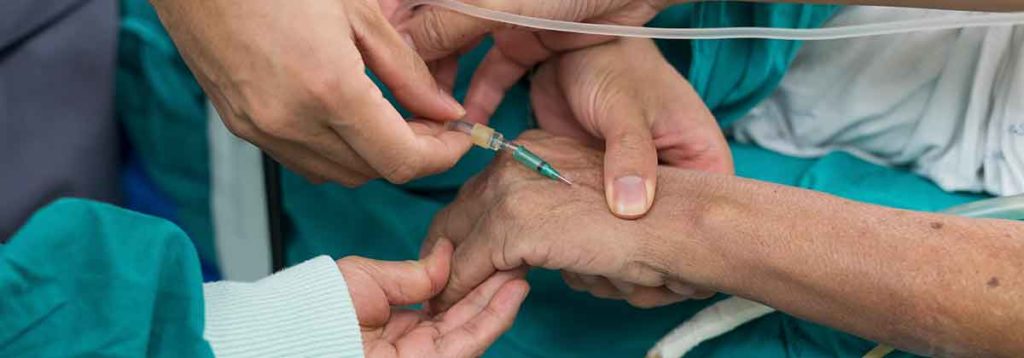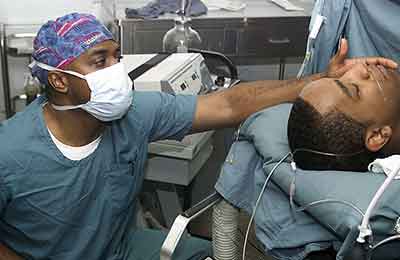
More likely than not, patients who have undergone a surgical procedure or operation may have experienced being under anesthesia. This allows the patient to enter either an unconscious or semi-conscious state without the perception of pain – thus allowing doctors to perform surgeries more efficiently.
Two common methods employed in operations today include “local anesthesia,” where only a specific area of the body lose sensory perception, and “general anesthesia,” where certain nerve transmissions and sensory receptors in the brain are inhibited, thus causing total unconsciousness and a total lack of sensation during the course of the surgery.
While the practice is considered safe and is used in nearly all surgical procedures today, medical expert and professor at Virginia Commonwealth University, James Levenson, found that close to one third of patients are still more afraid of general anesthesia than the operation itself. Their fears of both the process of anesthesia and the entire idea of being “put to sleep” while doctors operate on you are well warranted concerns as anesthesia accidents still occur.

While these errors may be caused by a number of reasons, many cases are as a result of professional error and negligence. While specifically trained anesthesiologists are tasked with inducing anesthesia and monitoring a patient’s status during the course of the surgery, there are still many claims every year of medical malpractice citing anesthesia mistakes. Nurses and doctors monitoring the anesthesia of a patient are supposed to track the carbon dioxide levels in the blood stream.
Negligent monitoring of those levels typically leads to a lack of oxygen in the blood stream causing permanent brain damage or death. In fact these instances were, and are so common, that the Anesthesia Patient Safety Foundation was organized to shed light on these unfortunate medical malpractices and continues to push for improved safety, research, education, and programs.
When an error or mistake could have been prevented had the doctor or anesthesiologist monitoring the surgery exercised the requisite standard of care prior, during, and post operation, the healthcare professional may be held liable in a medical malpractice lawsuit for the injury, irreversible damage or death caused by an anesthesia mistake. The fact that the patient reacted differently, or suffered a specific allergic reaction is also not a reasonable justification because the doctors have the duty to assess the suitability of a candidate for anesthesia.

If you or a loved one has suffered any injury from an anesthesia accident, the anesthesia accident attorneys at d’Oliveira & Associates want you to know that you may be entitled to Rhode Island anesthesia accident lawsuit. Working with the leading anesthesia lawyers and medical malpractice attorneys handling cases in the nation, the attorneys at d’Oliveira & Associates will work to ensure that you are afforded the legal representation you deserve.
If you believe you have an anesthesia accident claim, please contact the law offices of d’Oliveira & Associates at 1-800-992-6867 or fill out a contact form for a free legal consultation.


